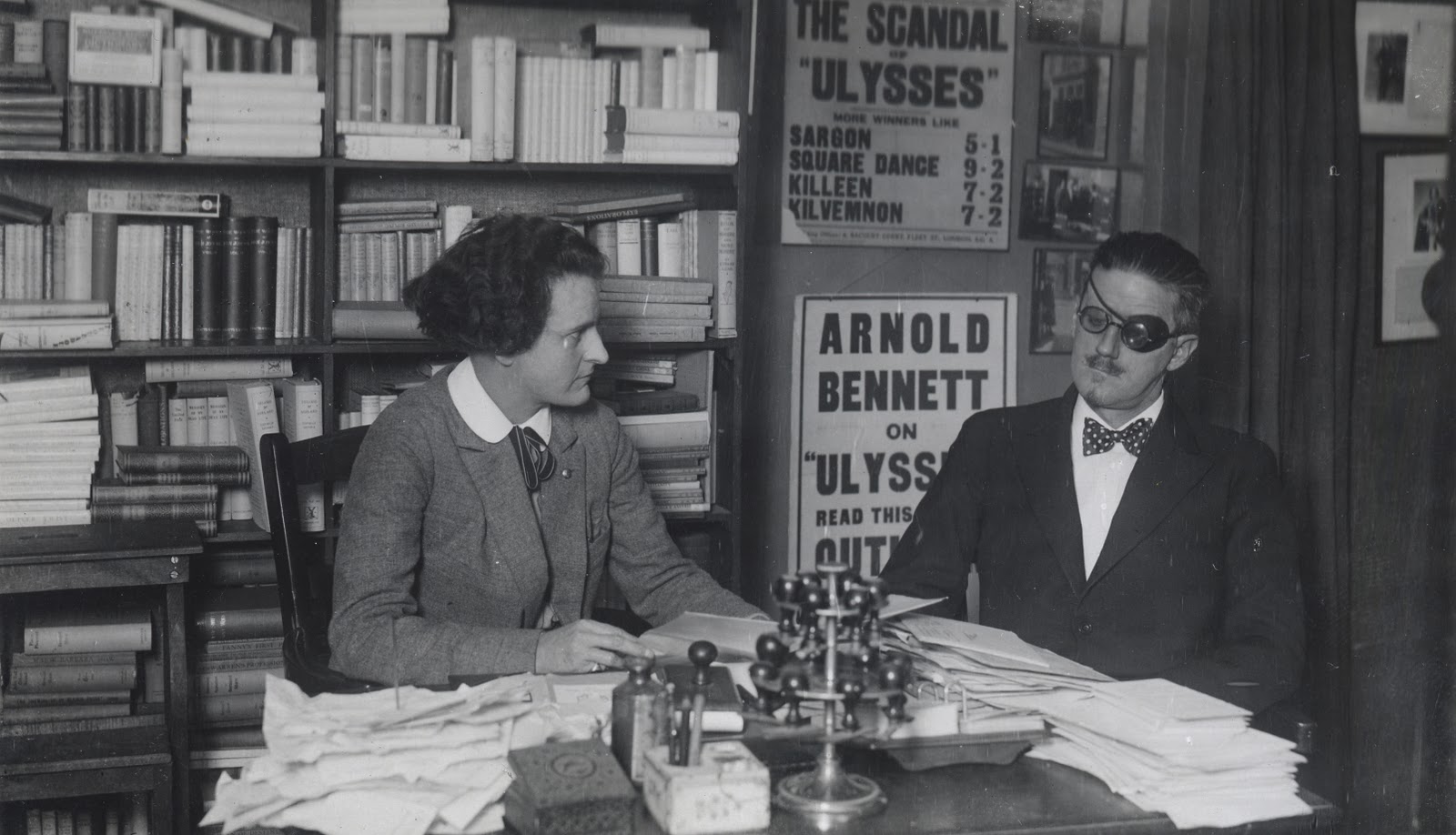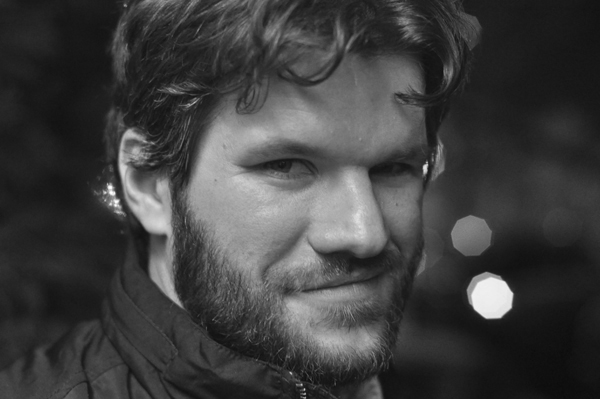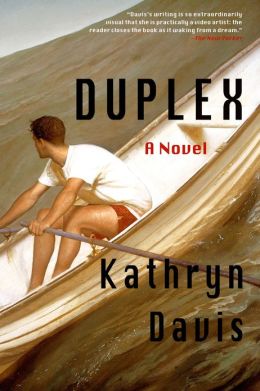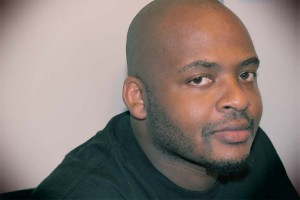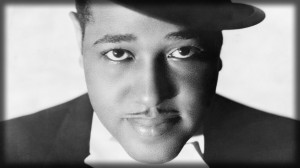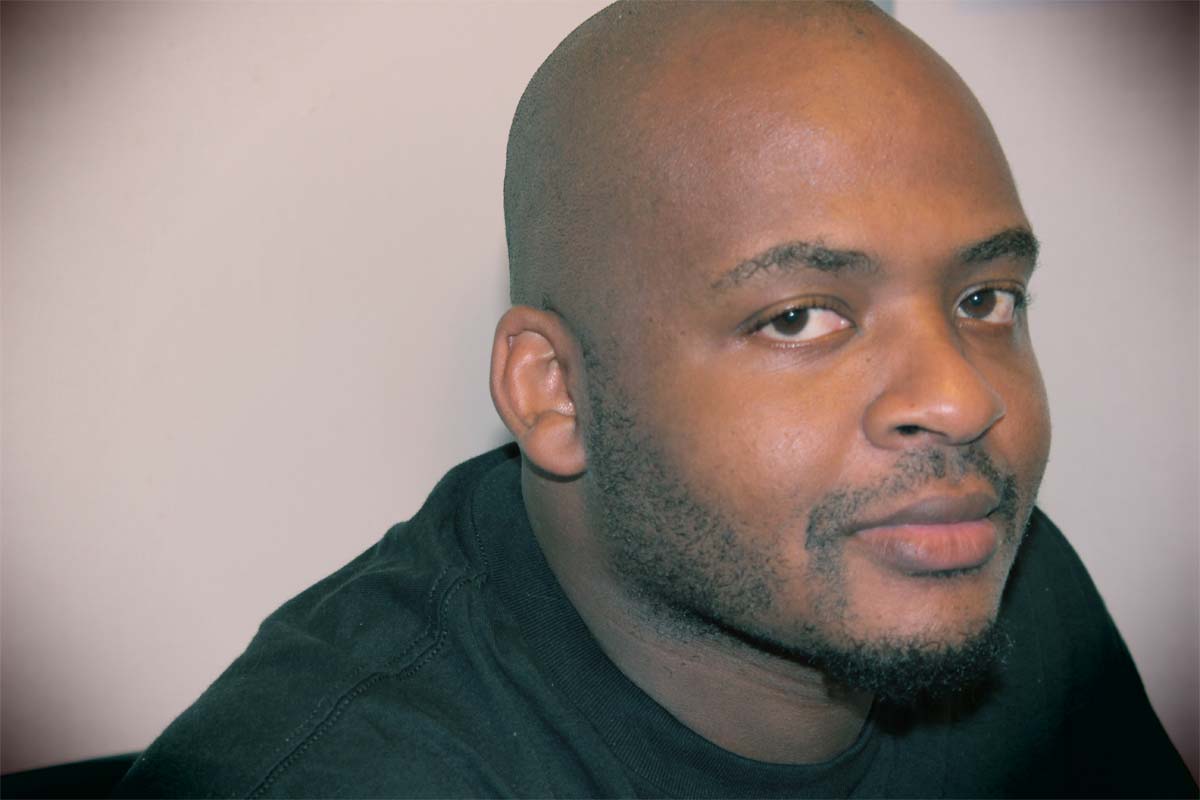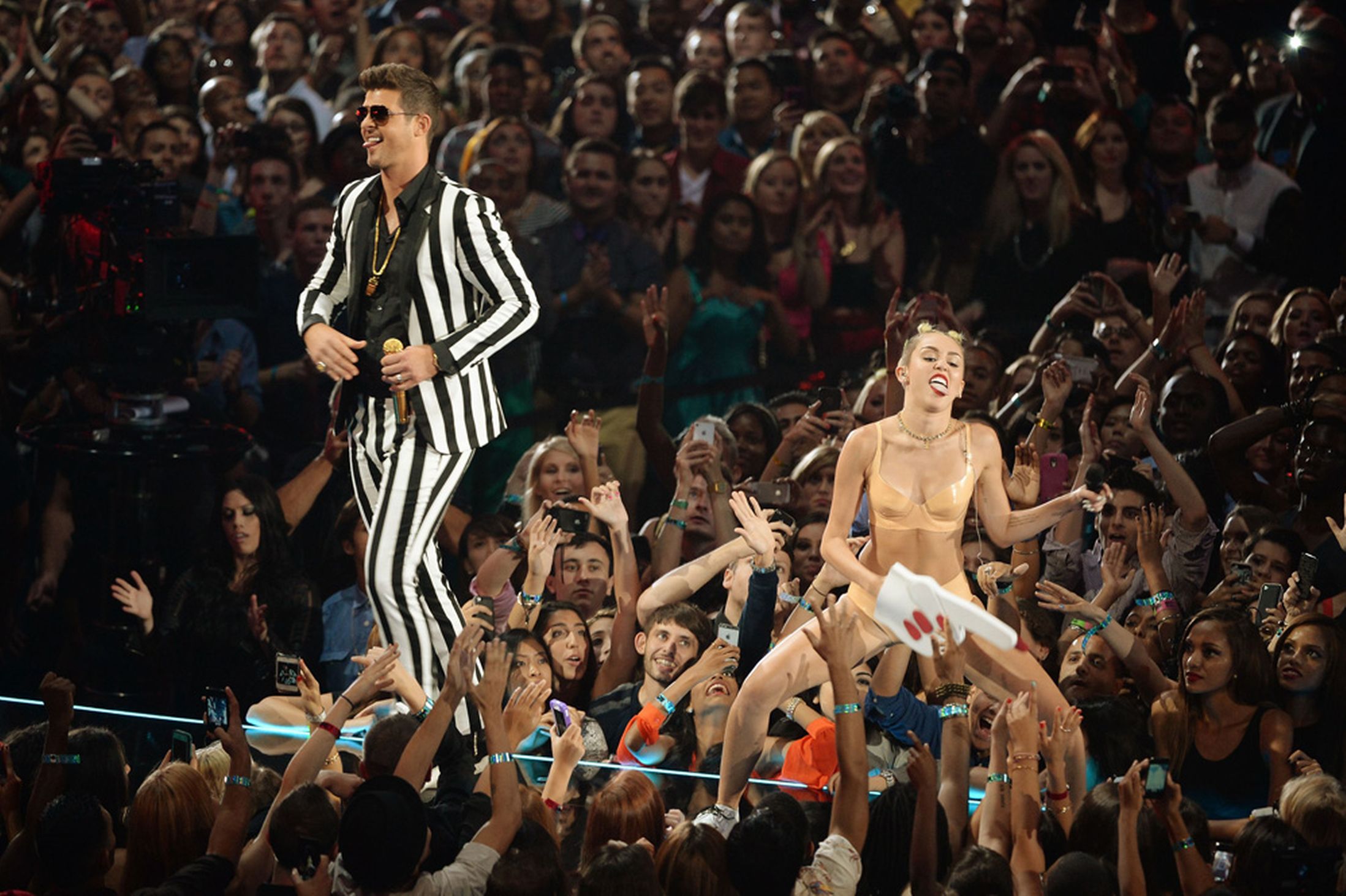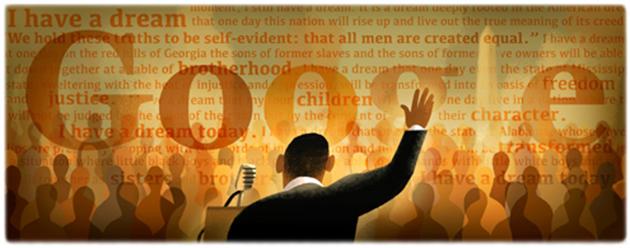It’s a wonder you’re not dead. What keeps you alive? The shining hope you mine from the mire of dark dreams. An occasional kindness you didn’t expect from a stranger. The news that some fierce and sincere pep talk you delivered years ago resulted in someone living a better life. You saved two lives just this year alone: a friend who you tracked down in a doorway just north of Union Square who was carving into herself with a knife and who spilled blood in the tony entrance of a women’s clothing store, a woman who you patched up and took care of and eventually had to call an ambulance for, and another friend who was about to down a full bottle of Ambien in a East Village establishment that shall remain unnamed. You saw his mouth and the open orange container and you sprinted with every ounce of fortitude you had. If you had arrived just a moment later, he would have swallowed the pills. But you tackled him at just the right time. You’re still haunted by the relentless clatter of the bottle’s contents spilling onto the grimy bathroom tile. It took ten minutes to buy him a beer and to calm him down and to get him to laugh and to remind him why life was worth living. Which you seem to be good at doing.
You didn’t want either of them to die because New York needed them both. You were so certain of that and you were proven right. Both now thrive. And perhaps your empathy went into overdrive not just because you care about other people more than you let on, but because you had been there yourself five years before and little trickles of that fateful morning on the bridge, a morning in which a teeny isthmus separated you from Kings County and the undiscovered country, have sometimes dropped into your mindscape in the intervening time. When a spritzer of ideations sprinkled into your head after a resentful and hateful gang invented convincing lies and hounded for your blood, your therapist ghosted you because she had had enough of your blubbering feelings. The latest development seemed to confirm that you were a fuckup, even though you were doing much better. Or maybe the therapist saw you, as so many do, as an insignificant spectre. You seem to project such confidence and authority that it’s impossible for people to see that you want to stitch up the remaining wounds. They can never praise your accomplishments and will never see all the good that you do (not that you advertise this), but they always magnify one pedantic fault. Such is life in the 21st century. If you can’t live up to the unreasonably golden ideal, then get lost. And now no mental health professional in the New York metropolitan area seems to want to take you on, especially after you slam them with a precis of what’s troubling you. The war against authenticity includes even those who are supposed to provide help to those who are trying to be more real and thus more connected to others in an increasingly isolated age. Your messages fall on deaf clinical ears. And it reinforces this idea that you don’t belong or that you are unworthy of succor. Well, you privileged white male son of a bitch, what do you have to complain about? You had a free ride because of your genetics and you blew it and you deserve every hell for every mistake I’ve heard about. And you say solo and sotto voce, “No, I don’t. Who does? Aren’t you a humanist?”
You played two jokes in the first week of April, issuing a fake apology on Instagram and writing a goofy essay in which you claimed to have two daughters. But your problem is that you’re just too damn persuasive and convincing. Because people wrote in and asked if you were okay and who was the lucky woman and when did this happen and mazel tov. So many people seem to want you married, a condition that, in most cases, represents an illusory felicity. But the truth is that, well, maybe you’d like to be. Well, not necessarily. You just want to be involved in a situation in which your apparent attributes and considerable attention to detail after midnight don’t represent the sole reasons why a woman sleeps over. People never seem to see your kindness and your empathy and your affection, in part because you keep this on the q.t. and it seems churlish at this stage in your life to announce it. And it’s also difficult to articulate your feelings because it’s construed as a form of emotional manipulation, even as you are careful to find the gentlest candor to stand up for who you are. They say that you can’t beat the house. So maybe there’s just no one out there for you, other than that dude in the mirror. The only recent woman who seemed to care for you, who accepted you and offered handwritten cards, turned out to be married and was seeking multiple dalliances. You had to laugh at the irony, given how so many others had believed in the faith of this imperfect institution. So you had to say sayonara to her. At this stage of the game, you’re the “if only” choice. But you really want to be somebody’s only. This puerile game of musical bodies grows so tiresome. You’re far from the only one experiencing this plight. So why not shut the hell up? Besides, maybe it’s too late for you.
Still, there’s no getting around the fact that any self-appraisal inevitably turns you into the ignoble hero of your own self-serving story. In some sense, as Kiese Laymon has recently observed in his excellent memoir Heavy, you need to tell lies before you tango with the truth. Which is exactly what you did last week. So let’s do better. You feel that you give and they take, despite the fact that you also believe that life should never involve a ledger. But, hey, we all contain quite a few contradictions. You love and it’s always unrequited. You frequently wonder if your desire to be loved for who you are is the most selfish thing to ask for. You ask for favors once in a cerulean moon yet there’s always some camarera gently placing the onyx check presenter upon your mesa. You’re tired of paying your dues, but there’s no other choice. Men who have done far worse things than you are alleged to have committed are allowed to write cover stories for major magazines to state the bleeding obvious. It’s not that you’re resentful or envious. You don’t have a competitive bone in your body. But you do despise the mediocre and you want your work, especially the stuff for which you put in serious time, to be respected. But there’s no chance of that happening. Not in an age in which a tweet composed in five seconds is now considered just as worthy as a work of art that took years to put together. Your ship sailed in on the strength of your achievements last December and a feral horde collected invidious myths to smear you. Because of this, you put on about five, maybe ten pounds. And you’re now within a few tenths of that BMI sliver between normal and overweight that becomes ever more difficult to shave off at this metabolic stage of your life. The winter prohibited the walks that make you feel more alive and the stress-fueled drinking eroded your thinness. Now it’s spring and you’re pushing yourself hard, shaving sleep to dream, which is the one thing you live for and that you do best at and the one thing that keeps you sane. But it’s incompatible with the profit motive of the venal bean counters. You cut all ties with your selfish fucked up family. And when you tell a friend, only a few nights ago, why you’ve done this, pointing to the fact (among many others) that you attended five different schools during five formative years, and all this while enduring physical and emotional abuse, your friend replies, “Jesus, Ed, you have the most fucked up family out of anybody I’ve ever known. Now I understand.” Well, at least someone does. At least you’re committed to sharing more of yourself with the people who actually take the time to know you.
What ultimately keeps you giddy and alive is knowing that you refuse to play the sick game of being a saint in paradise. Likes, favorites, popularity. Christ, you actually bought into that horseshit not all that long ago. What you can do is allow the world to come around to you. Maybe one day they’ll see that you have a huge heart and that you have a lot to give. But, for now, anyone who wants in is going to have to talk to that big muscular guy standing next to the velvet rope. He’s pretty damn scary to most people in the club, but you’re not going to make the mistake of believing that all visitors into your VIP lounge are acting with the best of intentions. On the other hand, you’re really pulling all the stops in the places that count. So be you and let the haters choke on the bile of their failure to speak in a real voice. If you want to truly feel for others and make waves, then you have to be true to yourself. Don’t let the seductive propaganda steer you any other way.

